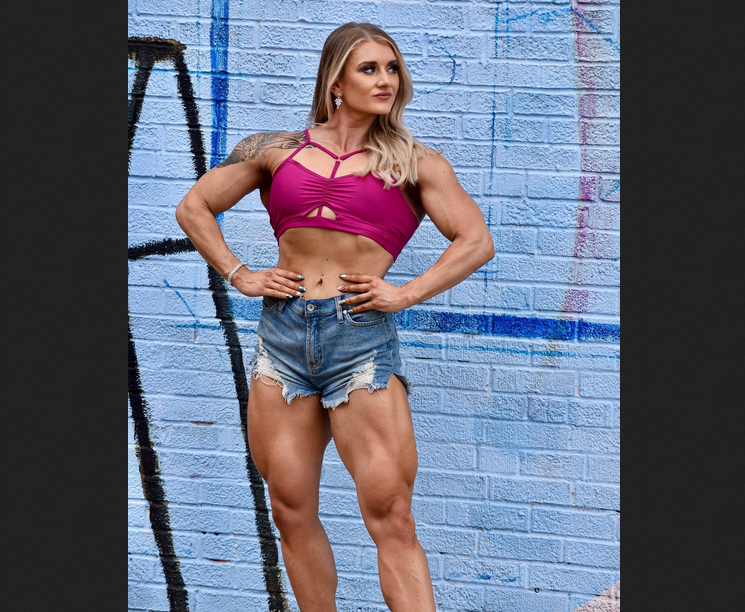Many of us count building more muscle as one of our goals, whether for athletic performance, aid in weight loss, or just to look good on the beach.
The protein that we eat provides the physical material, as well as some of the stimulation, for our body to build new muscle.
So, what should our key priorities be when it comes to protein?
Daily intake
General recommendations to avoid deficiency are to eat 0.8 grams of protein for each kg of body mass. So, for an average 70 kg person, this would be 70 x 0.8 = 56 g of protein
If you are somebody who goes to the gym or exercise classes a couple of times per week then you might want to aim for moderate intakes of 1.2 – 1.4 g / kg. Again, a 70 kg person would be aiming for 84 – 98 g of protein each day.
Now if you are in full muscle-building mode, exercising 4-5 days per week, you might want to go to the top end of the spectrum, more in the region of 2 g/kg. Getting 140 g of protein in each day is a difficult challenge though, so some careful planning is required.
Timing
Your body can only use so much protein in one go, so it is generally a good idea to spread your protein intake evenly throughout the day.
Let’s say you are in the middle to the high end of the protein targets, aiming for 120 g of protein each day.
The protein that we eat provides the physical material, as well as some of the stimulation, for our body to build new muscle.
So, what should our key priorities be when it comes to protein?
Daily intake
General recommendations to avoid deficiency are to eat 0.8 grams of protein for each kg of body mass. So, for an average 70 kg person, this would be 70 x 0.8 = 56 g of protein
If you are somebody who goes to the gym or exercise classes a couple of times per week then you might want to aim for moderate intakes of 1.2 – 1.4 g / kg. Again, a 70 kg person would be aiming for 84 – 98 g of protein each day.
Now if you are in full muscle-building mode, exercising 4-5 days per week, you might want to go to the top end of the spectrum, more in the region of 2 g/kg. Getting 140 g of protein in each day is a difficult challenge though, so some careful planning is required.
Timing
Your body can only use so much protein in one go, so it is generally a good idea to spread your protein intake evenly throughout the day.
Let’s say you are in the middle to the high end of the protein targets, aiming for 120 g of protein each day.
Around 25-30 g of protein also stimulates your muscle to grow as much as possible, so eating the full 120 g in one go is not going to be very useful, and protein levels in the blood would fall back to baseline after 3-4 hours.
It just so happens that most people's meal times tend to be 3-4 hours apart (strange coincidence?), so a 30 g dose of protein with breakfast, lunch, dinner, and an evening snack would meet the requirements perfectly.
Quality
Amino acids are the even smaller building blocks that make up proteins, with essential amino acids being those which our bodies cannot make.
Proteins that come from animals are generally regarded as higher quality as they contain a higher proportion of essential amino acids.
Dairy products, eggs, beef, chicken, turkey, fish, and most other animal products are great sources of high-quality protein, with 80-100 g of meat usually providing around 25 g of protein.
Whilst plants can still provide plenty of protein, they are usually deficient in one or more essential amino acids, so are generally regarded as lower quality and you may need to eat a bigger range to get a full supply.
Beans, pulses, and lentils are among the best plant sources with around 120 g providing a full dose of protein. Nuts are also a great choice and provide a convenient snack amongst plenty of other nutrients.
The bottom line is that the more exercise you do and the more muscle you want to build, the more protein your body will require.
The timing of your intake and small changes in food choice could go a long way to seeing those results that you dream of.
Thanks for reading.

































No comments:
Post a Comment